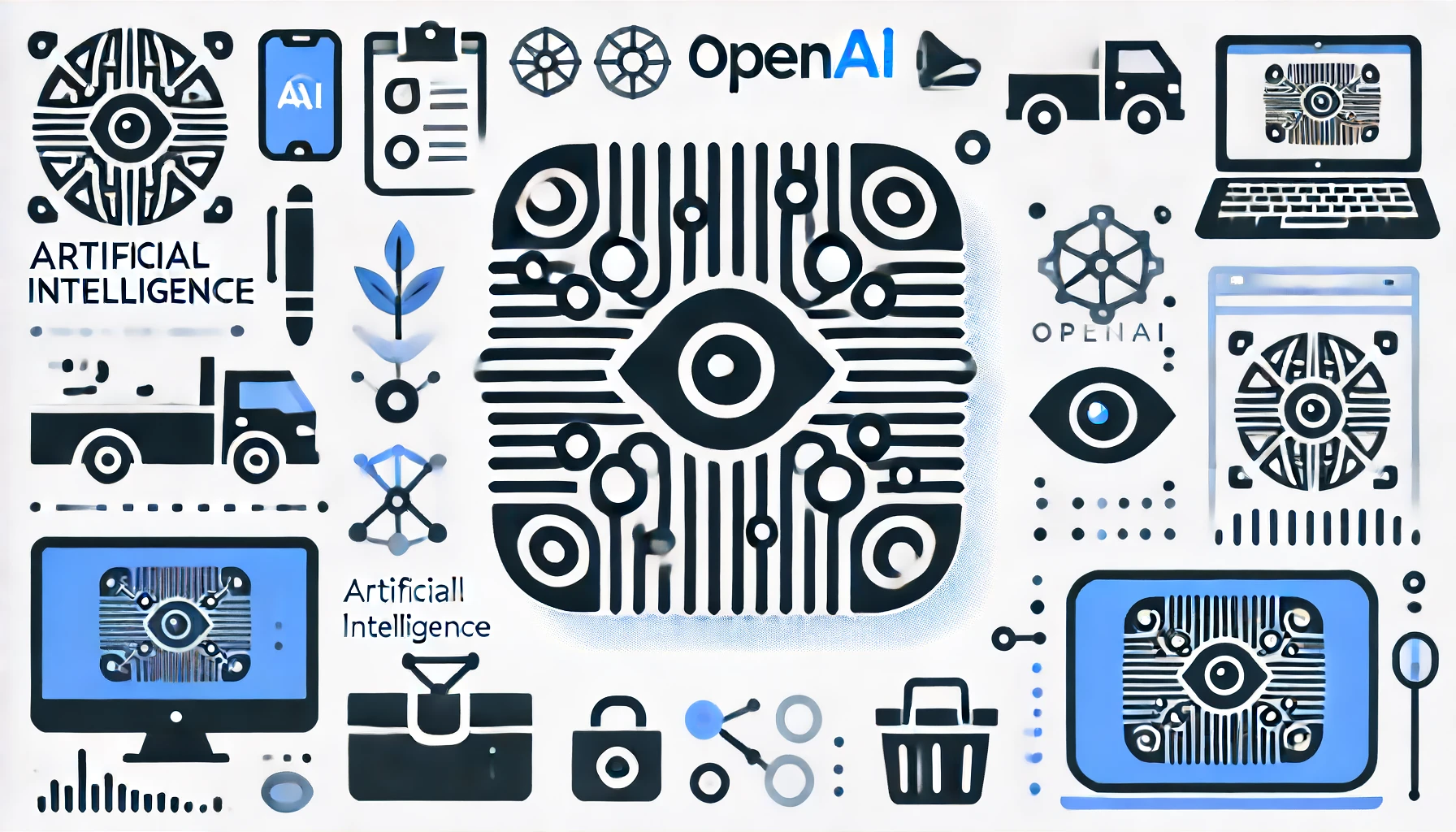In a strategic move to bolster its security and governance framework, OpenAI has appointed retired General Paul Nakasone, former head of the National Security Agency (NSA), to its board of directors. The announcement, made on Thursday afternoon, also revealed that Nakasone will be a key member of OpenAI’s “security and safety” subcommittee.
A Strategic Appointment
Nakasone’s appointment comes at a crucial time for OpenAI, a leader in artificial intelligence, which has faced criticism for rapidly deploying AI models and services. Critics argue that the company’s pace may outstrip the ability to fully evaluate and mitigate associated risks. By bringing Nakasone on board, OpenAI aims to address these concerns head-on, leveraging his extensive experience in cybersecurity and intelligence.
“OpenAI’s dedication to its mission aligns closely with my own values and experience in public service,” Nakasone said in a press release. This alignment is particularly relevant as OpenAI expands its footprint, not only in the tech industry but also as a provider to government, defense, and major enterprises.
Context and Background
Paul Nakasone’s background is steeped in cybersecurity and national defense. He has served as the commander of the U.S. Cyber Command and as the director of the NSA, roles that have equipped him with a profound understanding of both cyber threats and the strategic measures required to counter them. His expertise will be invaluable to OpenAI, especially as the company navigates the complex landscape of AI security.
OpenAI has faced scrutiny for its data practices, notably for utilizing large datasets from the internet without explicit consent, paralleling some controversial practices at the NSA. This commonality in approach might suggest a shared philosophy: prioritizing innovation and operational needs, sometimes at the expense of traditional legal frameworks.
The inclusion of Nakasone on OpenAI’s board is also a clear signal to shareholders and stakeholders that the company is serious about strengthening its security posture. His connections within the state and military could further solidify OpenAI’s position as a trusted partner in sectors vulnerable to cyber threats.
Enhancing Cybersecurity Through AI
OpenAI’s official statement highlighted Nakasone’s potential contributions to enhancing cybersecurity. By integrating AI capabilities, the company aims to improve the detection and response to cyber threats. This focus on cybersecurity is particularly relevant for institutions that are frequent targets of cyber attacks, such as hospitals, schools, and financial institutions.
“AI has the potential to deliver significant benefits in this area,” OpenAI stated, emphasizing their commitment to leveraging advanced technologies for broader societal protection.
The Role of the Safety and Security Committee
Nakasone will join the newly formed safety and security committee, which is tasked with making critical recommendations to the full board on safety and security decisions for OpenAI projects. The committee is currently conducting a 90-day evaluation of the company’s processes and safeguards, a process that underscores OpenAI’s proactive stance on safety and security.
The exact functions and operational details of this committee are still emerging. However, it is clear that OpenAI is investing heavily in institutionalizing robust security measures, likely in response to the departure of several senior figures from their safety team.
Personal Perspective
From my point of view, the addition of Paul Nakasone to OpenAI’s board is a strategic masterstroke. His deep expertise in cybersecurity will be a significant asset as the company grapples with the dual challenges of rapid AI innovation and the imperative of robust security measures. On the flip side, his association with practices that prioritize operational expediency over strict legal adherence could perpetuate a contentious approach to data ethics within OpenAI.
Nevertheless, Nakasone’s appointment signals a serious commitment to addressing security concerns and mitigating risks associated with AI deployment. This move is likely to reassure stakeholders and provide a measure of confidence in OpenAI’s future endeavors. As AI continues to evolve and integrate into critical sectors, having seasoned professionals like Nakasone steering security protocols is not just beneficial—it’s essential.






